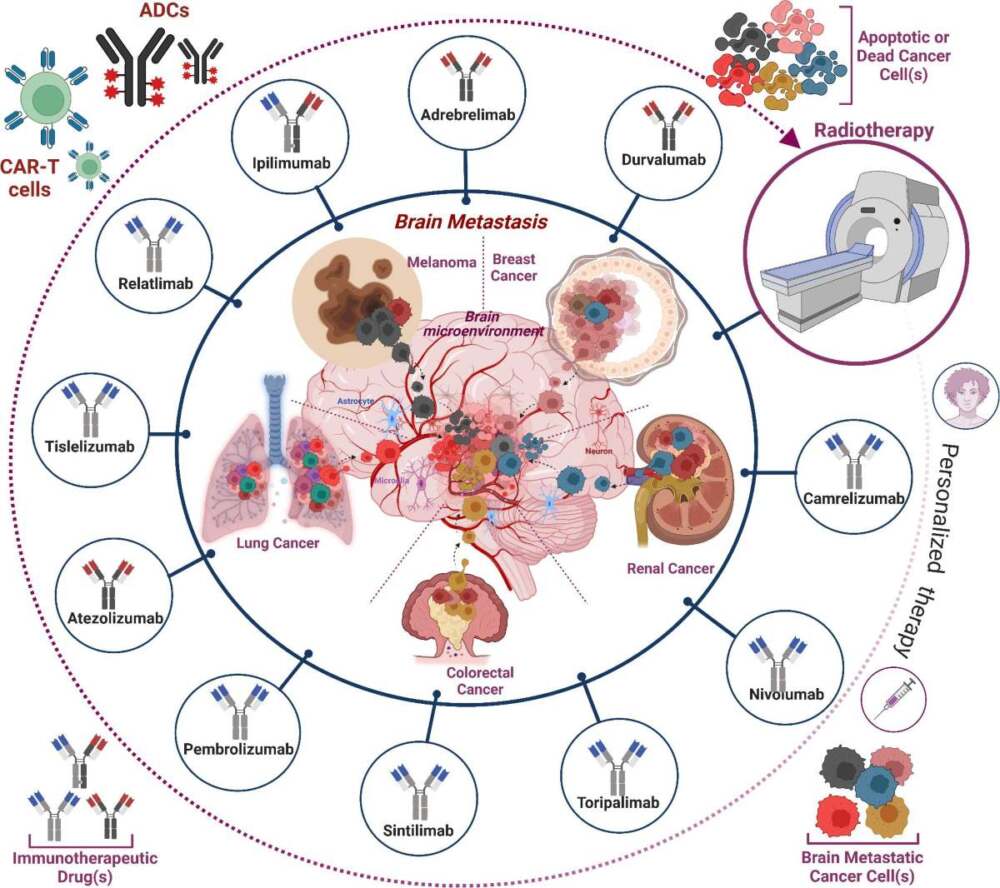August 29, 2025 — Hope is on the horizon for children battling aggressive brain tumors, as two major clinical trial efforts introduce pioneering treatments aimed at improving survival and quality of life.
1. Radiotherapeutic Trial Targets Aggressive Pediatric Cancers
ReSPECT-PBC Trial Launching Soon
A new Phase 1 clinical trial—called ReSPECT-PBC—is set to begin later this year, evaluating a novel radiotherapeutic agent named REYOBIQ™ (rhenium-186 obisbemeda). Designed for rare, fast-growing pediatric brain and spinal cord tumors such as diffuse intrinsic pontine glioma (DIPG), ependymoma, and high-grade glioma (HGG), this agent is delivered in a single dose to test safety and feasibility.
Why It Matters:
- DIPG and similar pediatric brain cancers have long-lasting poor prognoses, with limited effective treatments.
- This trial represents an important first step in testing a targeted radiotherapy approach that might improve outcomes while minimizing systemic exposure.
- Specialized neuro-oncologists, such as those at leading institutions in Chicago, are spearheading this work.
2. Groundbreaking CAR T-Cell Immunotherapy in Development
GD2-CAR T-Cells Against Lethal Gliomas
At Stanford, researchers are advancing a highly promising form of immunotherapy targeting diffuse midline gliomas—deadly pediatric tumors occurring in hard-to-treat brain regions like the brainstem. Their strategy involves GD2-CAR T cells delivered directly into the cerebrospinal compartment via intracerebroventricular infusion, not just intravenously.
Why It’s Groundbreaking:
- Preclinical models showed this targeted delivery is more potent and sustained.
- The therapy has earned a regulatory designation aimed at expediting its development, offering hope for children facing dismal survival odds under current options.
3. Collaborative Trials Power Faster Progress
These efforts are part of a broader, unprecedented wave of collaboration across pediatric oncology:
- Clinical trials like ReSPECT-PBC are supported by networks of multidisciplinary centers and agencies, enabling faster enrollment and broader reach.
- Global initiatives like the Children’s Oncology Group (COG) facilitate shared research, uniting more than 200 institutions and hundreds of childhood cancer trials.
Through these collaborations, researchers can better share data, resources, and innovations—accelerating the development of new treatment modalities for rare pediatric tumors.
Final Takeaway
This moment marks a pivotal shift in pediatric neuro-oncology:
- The ReSPECT-PBC radiotherapeutic trial targets aggressive tumors with advanced radiopharmaceuticals.
- Intracerebroventricular GD2-CAR T-cell therapy represents a novel immunotherapeutic frontier.
- Large-scale collaborations help propel these breakthroughs from lab to clinic more efficiently than ever before.
For families confronting these challenges, these pioneering trials represent more than science—they embody renewed hope.















Leave a Reply